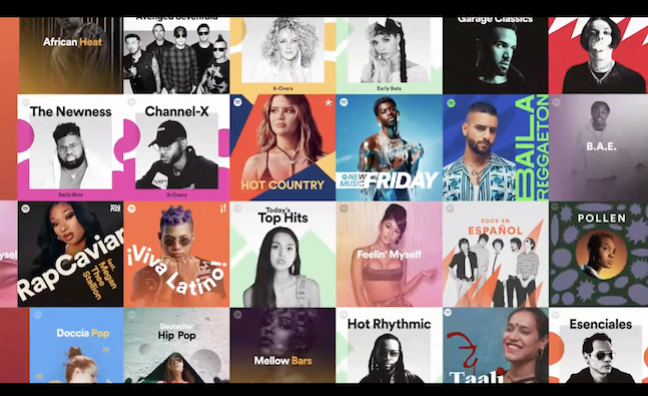The Competition & Markets Authority has published responses from across the industry to its report on the streaming economy.
The impact of that report in the summer was limited by the fact that the competition regulator did not find any evidence that it should intervene to address the major labels’ market power.
Despite the fact that the CMA noted that it proposed not to refer the music streaming market to a full investigation, it did issue extensive findings about the inner workings of the streaming economy. Now it has published the responses from major labels and others.
In large part, the big three have welcomed the report while addressing some specifics of the CMA’s analysis about the balance of competition in the marketplace.
Perhaps the most interesting response is from Spotify. Inevitably, the market-leading streaming platform in the UK raised concerns about the power of tech rival Apple.
But Spotify also highlighted concerns about innovation, which is likely to be key to further streaming growth as market penetration reaches its limits. Trade bodies such as ERA have consistently called for more innovation to benefit consumers.
The CMA noted that “competition between music streaming services is working reasonably well for consumers”. While the regulator said there was a risk that competition could lessen over time, Spotify suggested this was unlikely to occur particularly with reports of TikTok entering the market.
Music streaming services having more freedom to innovate would materially benefit competition
Spotify
However, Spotify did agree with the CMA that there is “a risk to the level and speed of innovation in music streaming that could be mitigated if music streaming services had more freedom in their recording agreements”.
“Music streaming services having more freedom to innovate would materially benefit competition, not only by unblocking previously impossible types of music streaming innovation but also by increasing the speed to market of innovative solutions or product tiers,” said Spotify in its latest submission.
Spotify called for the removal or relaxation of the “functionality clauses” in recording agreements, which control detailed aspects of music streaming services’ ad-funded tiers.
The streaming giant said that “a balance should be struck between rights-holders’ rights to constrain how recordings are used and the need to not unduly stifle innovation by music streaming services to the benefit of consumers”.
Spotify also questioned the CMA’s conclusion that the ‘full catalogue’ model is the reason for a lack of competition in terms of the label licensing costs to DSPs.
“Contrary to the statements in the report, certain improvements to contractual provisions in recording agreements could materially strengthen downstream competition between music streaming services, which in turn would generate consumer benefit in the form of faster, better innovation and increased added value at lower prices,” stated Spotify.
Spotify noted that music streaming services have been able to differentiate themselves by innovating for consumers in terms of playlists, user functionality and features such as audio quality or additional content. It has introduced new premium service tiers, such as Duo and Family.









